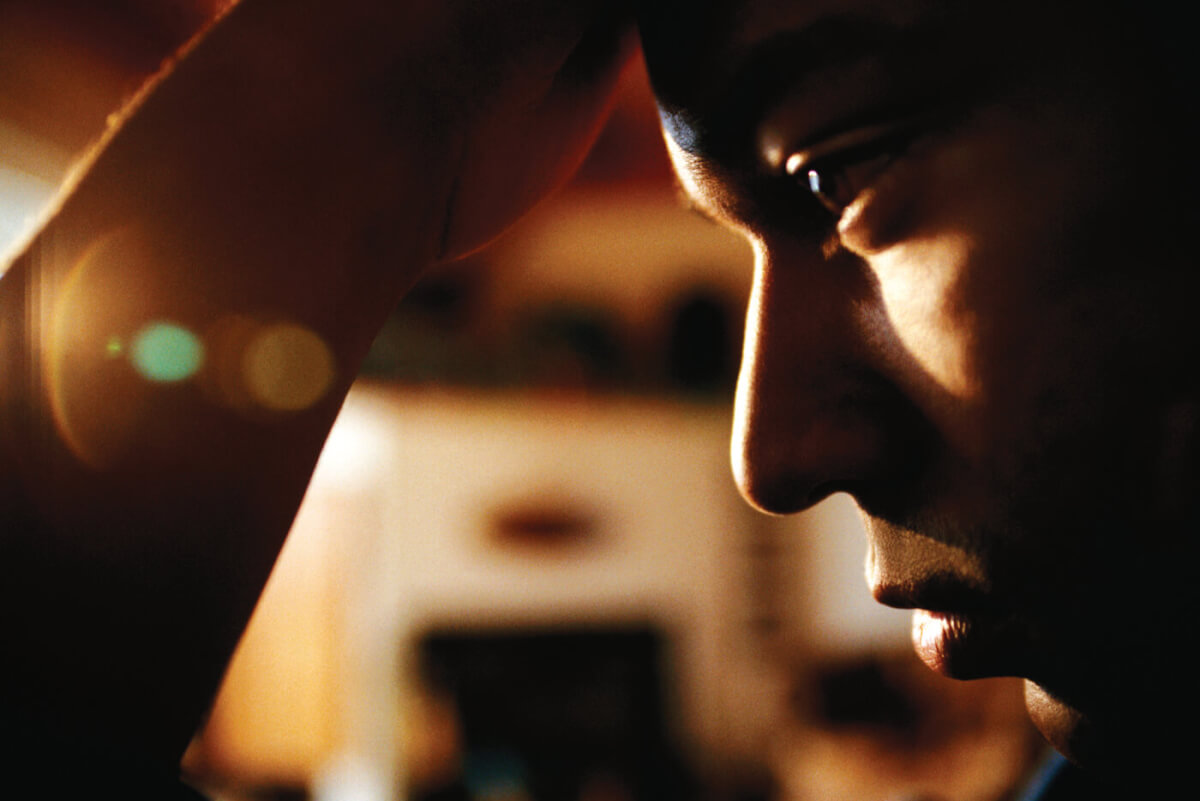“I thought I was having a stroke.”
“I felt my arm shaking. I had a glass of water in my hand, and it began to splash about. I thought I was shaking, but then I realized everything on the table was being knocked about. It came to me. I’m not moving—the room is!”
That was “Dave.”
Following is “Mike.”
“It was about 2:00 a.m., and my dog started barking. I felt the building shaking like crazy. I thought, ‘This is it. I’m going to die.’”
And “Tony.”
“A few hours ago I had a house. Now I have nothing. It’s all gone. But I was lucky—my family and I are alive.”
These are the actual words of my patients. They are relating what it felt like to be in an earthquake. All of the quotes are from actual experiences.
As you can tell, no one enjoys that experience.
“Seeing yourself as a survivor greatly increases your chance of surviving.”
—Thomas J. Nardi,
clinical psychologist
OUR NEEDS
We have an innate psychological need for security, and we need to believe we are in control. When something challenges that belief, it causes stress and throws us into a state of disequilibrium.
There is perhaps no greater feeling of disequilibrium and of losing control than to be caught in an earthquake.
The physical disorientation we may experience parallels our psychological disorientation. We can lose our physical and emotional balance as we lose the stability of solid ground beneath our feet.
People react differently to the crisis of an earthquake. Some stay calm, using humor to help defuse the tension.
Others direct their concern toward other people, while some give in to despair and panic.
There is a solution.
Ramp up your positivity by banishing these negative words from your vocabulary when talking about yourself and your abilities:
- Can’t
- Won’t
- Never
- Worst
- Shouldn’t
- Stupid
- Foolish
- Unable
EMOTIONAL PREPARATION KIT
Many people, especially those who live in areas prone to hurricanes, quakes, tornados and severe snow storms or other natural disasters, have emergency kits in their homes. These kits usually include first-aid materials, flashlights, batteries, water, food, blankets and other essentials. Such preparation makes sense, but you should also have an emotional preparedness kit.
In this type of kit, there are various “items” you want to have stored in your mind before a crisis. These are important ideas that you would do well to consider and review regularly, before you find yourself confronted by a natural calamity.
1. DON’T PANIC
Easy to say, hard to do, right?
Not necessarily.
How does the Army train recruits not to panic in combat? By practicing countless drills and simulations you can create your own mental drills.
Practice, even if only in your imagination, what you will do and think when facing a particular threat, like an earthquake. The more you mentally rehearse what you will do, the easier it will be to channel your fear into productive action, and productive action replaces panic.
2. TALK TO YOURSELF
Remind yourself to stay calm, breathe and think positive thoughts. Negativity such as, “I can’t handle this!” or “I’ll never make it!” will lead to negative results. If you believe you cannot survive, you won’t. Conversely, believing you will survive boosts your chances of a positive outcome.
3. FLEX YOUR EMOTIONAL MUSCLES
Positive thinking, like the belief that you will persevere, needs to be rehearsed and drilled into your mind.
Positive affirmation can be given on a daily basis to build up what I term “emotional muscles.” Just as muscular strength can be developed by consistent exercise, so can emotional muscles. Handling relatively minor frustrations and setbacks by repeating positive coping statements will make it easier to apply them to more serious challenges.
The traffic is particularly heavy? Remind yourself, “I can tolerate this; I’m going to stay calm.”
Remaining positive while dealing with minor problems will prepare you to better deal with the more major ones.
4. DON’T BE A VICTIM
When a crisis occurs, you have two choices: You can think of yourself as a victim or a survivor.
Seeing yourself as a victim fosters a negative psychological mindset, because it means surrendering to panic, defeat and, at times, death. Seeing yourself as a survivor greatly increases your chance of surviving. It increases your physical and psychological strengths and means you will not just give up, but will struggle forward to survive.
If you can view the quake as an adventure to be experienced, you have a survivor mindset. As with any adventure, there is risk and danger, but that is what makes it adventurous. Your body’s autonomic nervous system will meet a crisis by releasing a tremendous amount of adrenaline into your bloodstream. Your heart will race, your perceptions of time will be altered, your body may even shake and you may feel dizzy. These are all counterparts of your body’s sympathetic nervous system. Your body is preparing for action, to fight or flee.
If you interpret these sensations as “panic,” you will feel like a victim. If you, more healthily and more correctly, interpret them as “excitement” and “energy,” you will feel like a survivor.

CERTAIN CONTROL
We cannot control when or if an earthquake, or any other natural calamity, will strike. All we can control is how we react to it. By careful psychological preparedness, we can enhance our ability to deal with whatever adventure awaits us.
Thomas J. Nardi, Ph.D., the director of the LIU Hudson Graduate Counseling Programs at Orangeburg
and West Point, NY, is a clinical psychologist and creator of Eclectic Cognitive Behavior Therapy.
- Don’t panic and visualize success
- Think positive thoughts
- Engage in positive affirmations
- See yourself as a survivor
Editor’s note: A version of this article first appeared in a 2012 print issue of American Survival Guide.




